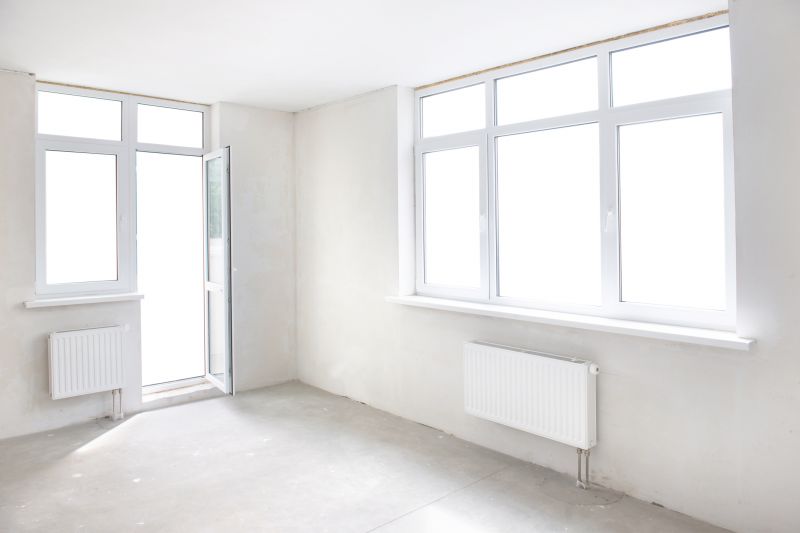Optimal Timing for Windows Installations
Understanding the optimal timing for Windows installations can enhance performance and reduce downtime. Factors such as system readiness, software updates, and user availability play key roles in selecting the best period for installation projects.
Scheduling installations during less busy times, such as late fall or early spring, minimizes disruptions and allows for thorough setup and testing.
Installing Windows prior to major updates ensures compatibility and reduces the risk of conflicts during system upgrades.
Aligning installations with planned maintenance periods can streamline processes and avoid interference with daily operations.
Timing installations when hardware components are prepared and compatible helps ensure a smooth setup process.

Technicians performing system setup with Windows on new hardware.

Calendar with planned installation dates highlighted.

New computer hardware prepared for Windows installation.

Ways to make Windows Installations work in tight or awkward layouts.

Popular materials for Windows Installations and why they hold up over time.

Simple add-ons that improve Windows Installations without blowing the budget.

High-end options that actually feel worth it for Windows Installations.

Finishes and colors that play nicely with Windows Installations.
| Factor | Best Timing Consideration |
|---|---|
| User Availability | Schedule during low-activity periods to minimize disruption. |
| Software Updates | Align with major updates for compatibility. |
| Hardware Readiness | Install when new hardware is available and compatible. |
| Business Cycles | Avoid peak operational times for minimal impact. |
| Seasonal Factors | Choose off-peak seasons for smoother deployment. |
| Maintenance Windows | Coordinate with planned maintenance periods. |
| Project Scope | Plan for larger projects during times with sufficient resources. |
| Training and Support | Ensure availability of support staff during installation. |
Windows installations require careful planning to ensure minimal disruption and maximum efficiency. Proper timing considers hardware readiness, software compatibility, and organizational schedules. Regular updates and system maintenance schedules influence the best periods for setup, helping to avoid conflicts and reduce the risk of errors.

Technician installing Windows on a desktop.

Hardware components ready for Windows installation.

Configured Windows system with necessary settings.

System running Windows after installation completion.
Choosing the right time for Windows installations can improve system stability and security. Planning around organizational workflows and hardware availability ensures a smoother transition. Proper timing also allows for comprehensive testing and user training if necessary.
Interested in scheduling a Windows installation? Fill out the contact form to get started.
